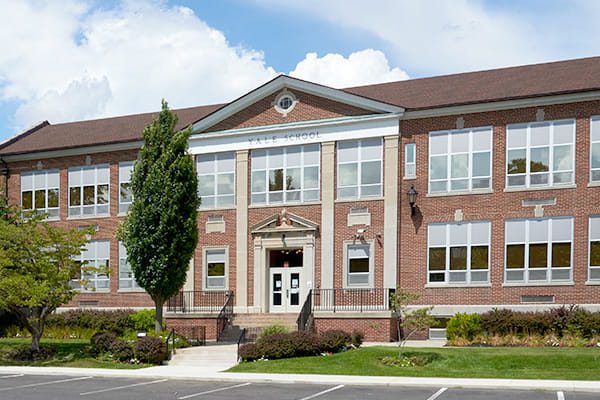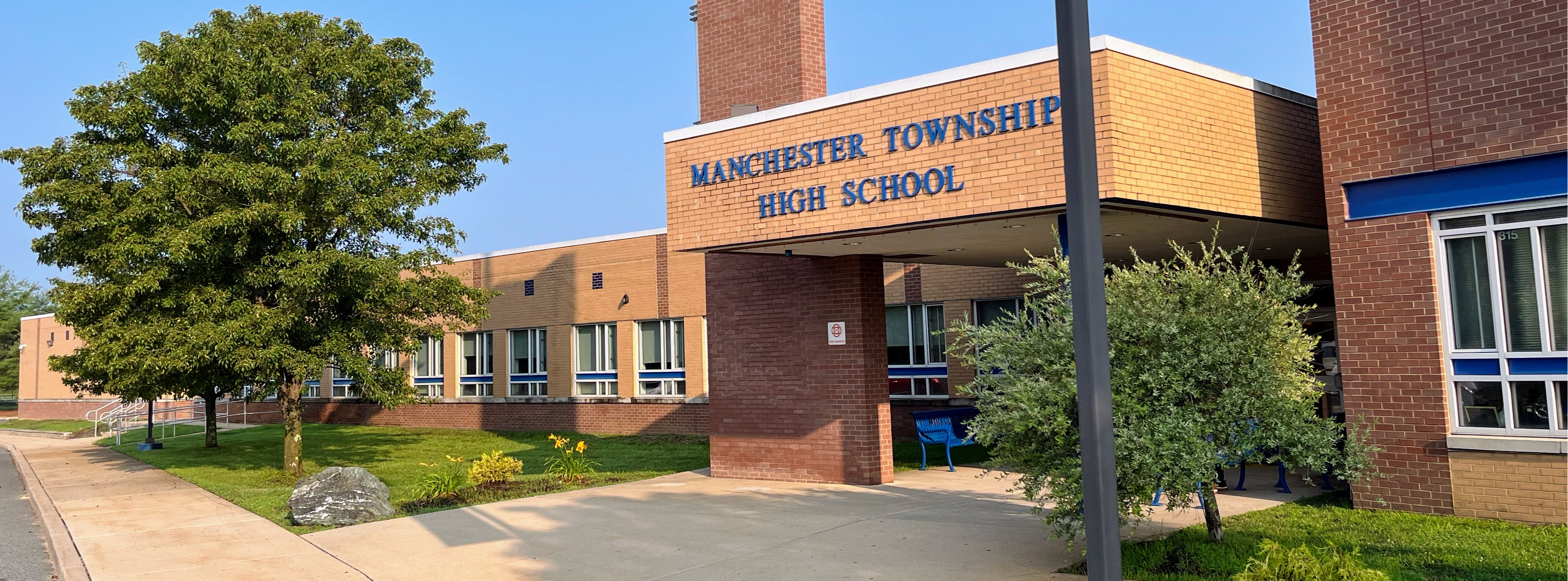Ingenious Solutions to Save Temecula Schools from Budget Cuts
Wiki Article
Recognizing the Significance of Institutions in Child Advancement and Area Growth
Schools' engagement with neighborhood neighborhoods through service-learning efforts enhances the bond between family members and academic organizations. This cooperative relationship underscores the importance of colleges in supporting energetic citizenship and long-lasting learning routines.Academic Achievement
Academic success offers as a foundation of kid development, giving the structure upon which future learning and success are built. Schools play a crucial function in cultivating this academic growth, providing organized environments where youngsters can obtain necessary understanding and cognitive skills. Standard curricula make certain that students gain effectiveness in core topics such as maths, scientific research, and language arts, which are vital for both college and specialist chances.In enhancement to presenting essential academic skills, colleges additionally cultivate critical thinking, analytical abilities, and intellectual interest. These cognitive expertises are important for navigating intricate real-world situations and adjusting to the ever-evolving needs of the contemporary office. Educators, as facilitators of knowing, utilize diverse pedagogical approaches to cater to different learning styles, thus optimizing private trainee possibility.
Moreover, scholastic success is very closely connected to self-worth and inspiration. Kids that experience scholastic achievements are more probable to establish a positive self-concept and a long-lasting enthusiasm for discovering. Schools additionally use numerous sources, such as libraries and modern technology, which additionally boost the instructional experience and prepare students for a technologically sophisticated society.
Social Ability Growth
Beyond academic accomplishment, the function of institutions in social ability development is vital. Schools work as a main location for children to learn and practice crucial social skills such as interaction, problem, and participation resolution. In the organized setting of a class, trainees interact with peers, teachers, and other school staff, offering various opportunities to develop these essential abilities.Efficient social skill development in schools is helped with with team activities, collective projects, and extracurricular programs. These communications assist students recognize social norms, construct empathy, and cultivate a sense of community. Group tasks instruct trainees just how to work with each other towards an usual goal, pay attention to different point of views, and navigate disputes constructively.

The growing of social skills during academic year lays a structure for future personal and expert connections. Save Temecula Schools. As pupils mature, the capability to successfully communicate and collaborate comes to be significantly vital, emphasizing the college's crucial duty in alternative youngster advancement
Exposure to Variety
Direct exposure to variety in institutions is basic to cultivating a comprehensive state of mind and broadening students' point of views. Schools work as a microcosm of the more comprehensive culture, and experiencing diverse cultures, languages, and socioeconomic backgrounds within this atmosphere gears up trainees with important abilities for navigating a significantly globalized globe. This direct exposure motivates empathy, minimizes prejudices, and advertises mutual regard amongst peers.Varied class likewise improve cognitive and social development. Research indicates that trainees who engage with peers from different backgrounds show far better problem-solving abilities and imagination. They find out explanation to appreciate various perspectives, which enriches class conversations and promotes an extra vibrant learning experience. Moreover, this understanding of diversity prepares students for future offices that value modern capability.

Neighborhood Engagement
The advantages of diverse class prolong past the college wall surfaces, cultivating a solid feeling of area interaction amongst trainees. By connecting with peers from numerous social, socioeconomic, and ethnic histories, pupils acquire a wider point of view and an admiration for variety. This exposure motivates them to end up being active citizens that agree directory to contribute positively to their neighborhoods.Institutions that stress area involvement usually include service-learning jobs, which permit pupils to attend to real-world troubles while applying scholastic skills. These projects not just boost pupils' understanding of their coursework but also infuse a feeling of duty and compassion. Partnerships between schools and neighborhood organizations supply trainees with opportunities to take part in community events, better solidifying their role as proactive area participants - Save Temecula Schools.
Furthermore, parental and community participation in colleges enhances the bond in between educational establishments and the communities they serve. With these efforts, schools play an essential duty in nurturing community engagement and promoting societal growth.
Lifelong Discovering Behaviors
Establishing lifelong understanding behaviors is necessary for a child's constant growth and versatility in an ever-changing world. Institutions play a crucial duty in instilling these routines by developing a setting that promotes inquisitiveness, vital reasoning, and a love for expertise. With diverse curricula and extracurricular activities, teachers motivate trainees to explore various subjects, analyze details seriously, and use their discovering to real-world circumstances.
Moreover, institutions provide an organized environment where children can establish self-control and time administration skills, both of which are vital for continuous knowing. By highlighting the importance of establishing objectives, reviewing progress, and adjusting strategies, schools prepare students to navigate the complexities of grown-up life, guaranteeing they Discover More remain lifelong students and factors to culture.
Final Thought
In final thought, schools are important in fostering youngster advancement and community growth by offering environments conducive to scholastic accomplishment, social ability growth, and direct exposure to diversity. Inevitably, institutions cultivate lifelong learning behaviors, gearing up people with the required knowledge and abilities to contribute favorably to society.In the organized environment of a class, students communicate with peers, educators, and other institution staff, using countless opportunities to create these crucial capabilities.
In significance, direct exposure to diversity within institutions not just enriches private trainees yet additionally strengthens the social material of the neighborhood as a whole.
The advantages of diverse classrooms prolong past the college walls, fostering a solid feeling of area interaction among trainees.Colleges that stress neighborhood engagement typically integrate service-learning tasks, which permit trainees to resolve real-world problems while applying scholastic abilities. Collaborations in between colleges and regional organizations offer trainees with chances to participate in neighborhood events, better strengthening their duty as aggressive area participants.
Report this wiki page